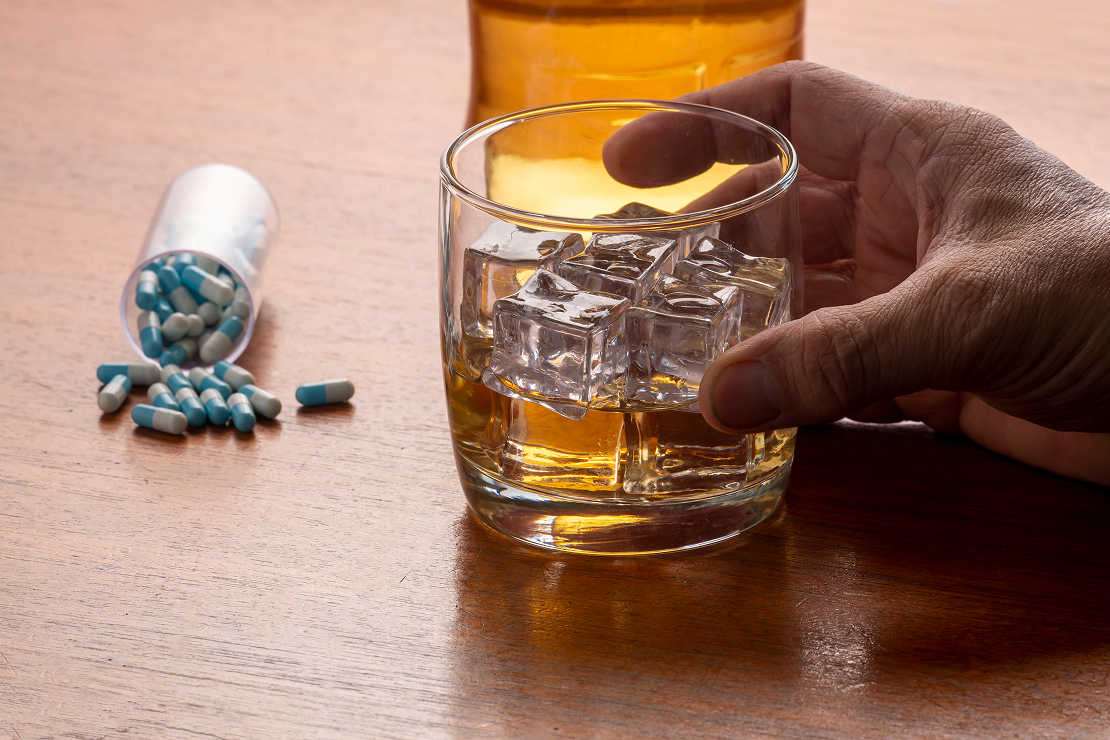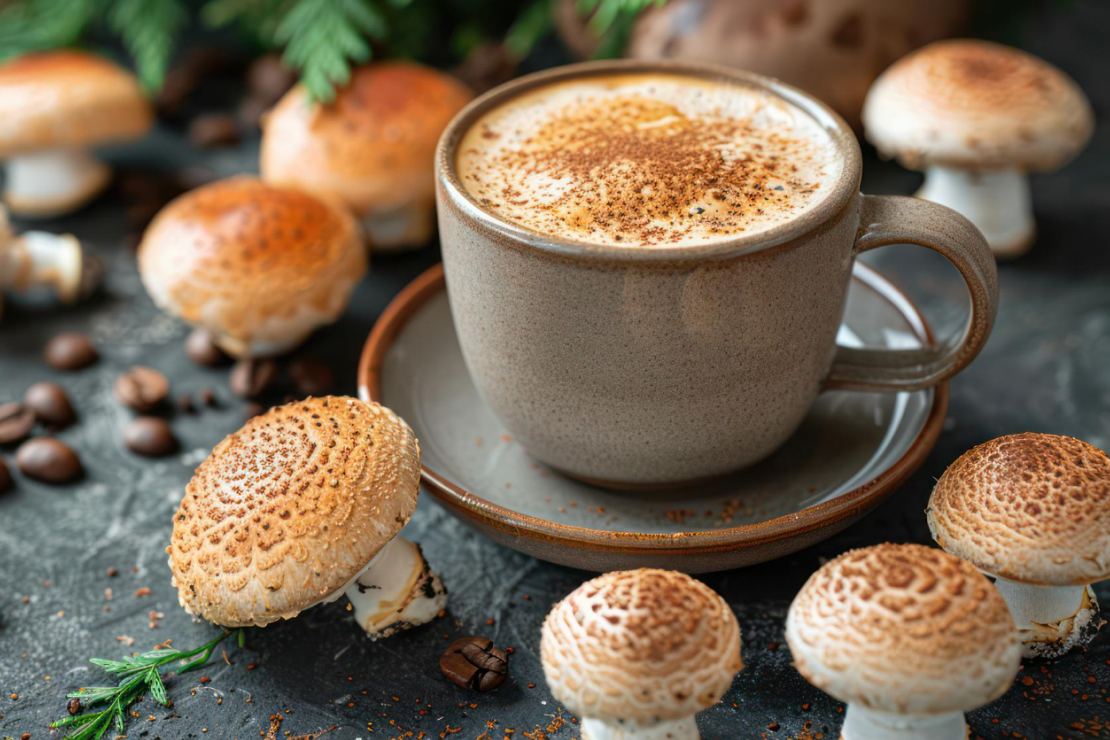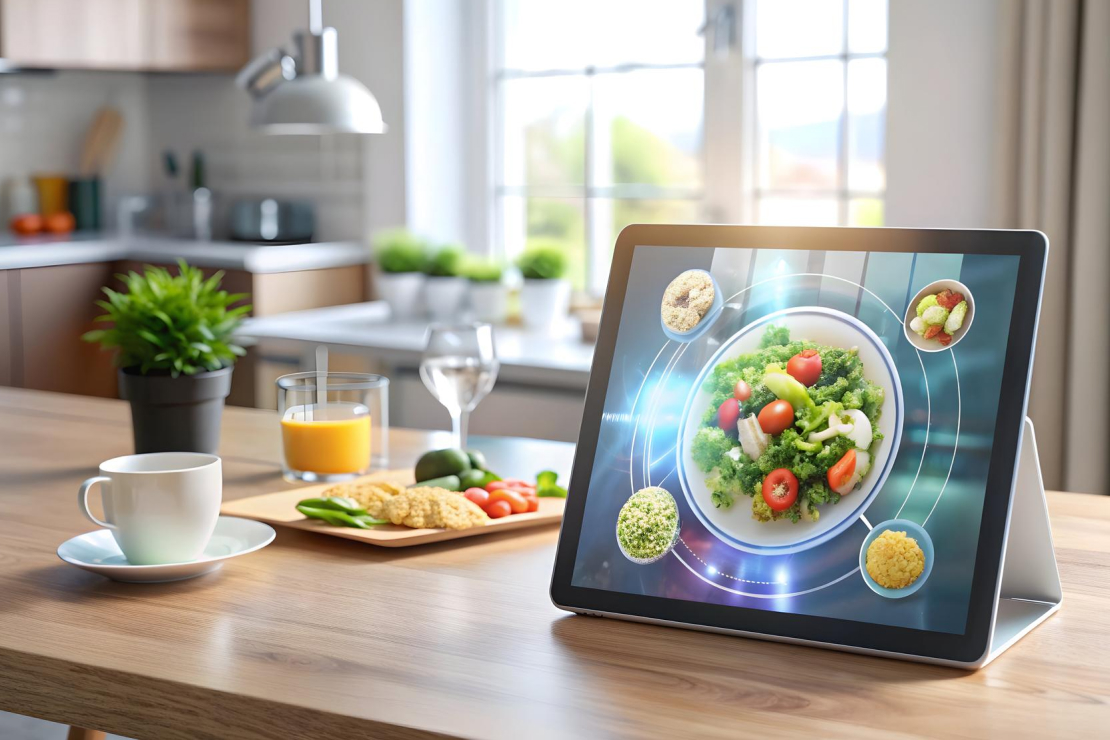GLP-1 Medications and Alcohol: Safe Guidelines, Risks, and What to Avoid
Can you drink alcohol while on GLP-1 medications like semaglutide? Learn about the interactions, risks, side effects, and expert advice on alcohol use with weight loss and blood pressure medications.

Table of Content
Introduction: Why Alcohol and Medication Don't Always Mix
As GLP-1 medications like semaglutide (Ozempic, Wegovy) and liraglutide (Saxenda) become increasingly popular for weight management and diabetes control, questions about their interaction with alcohol have become more prevalent. This comprehensive guide explores the complex relationship between GLP-1 medications and alcohol consumption, helping you make informed decisions about your health and safety.
What Are GLP-1 Medications and How Do They Work?
GLP-1 (Glucagon-Like Peptide-1) receptor agonists represent a breakthrough class of medications that revolutionize the treatment of type 2 diabetes and obesity. These medications work by mimicking the effects of the natural GLP-1 hormone, which plays a crucial role in regulating blood sugar, appetite, and digestion.
The mechanism of action is multifaceted, targeting several key physiological processes in the body. When you take a GLP-1 medication, it activates specific receptors that trigger a cascade of beneficial effects, from slowing down digestion to reducing hunger signals in the brain. This comprehensive approach makes these medications particularly effective for both blood sugar control and weight management.
- Blood Sugar Regulation
Stimulates insulin production when blood sugar risesReduces glucagon secretion, preventing blood sugar spikes
- Appetite Control
Activates satiety centers in the brainReduces hunger hormone production by up to 50%
- Digestive Effects
Slows gastric emptying by 30-50%Increases feeling of fullness after meals
- Metabolic Benefits
Improves insulin sensitivity in tissuesEnhances fat metabolism and reduces fat storage
| Aspect | Description | Clinical Impact |
|---|---|---|
| Mechanism of Action | Mimics natural GLP-1 hormone | Regulates blood sugar and appetite |
| Primary Effects |
- Slows gastric emptying
- Reduces appetite - Increases satiety |
- Better blood sugar control
- Reduced calorie intake - Weight loss support |
| Common Medications |
- Semaglutide (Ozempic, Wegovy)
- Liraglutide (Saxenda) - Dulaglutide (Trulicity) |
- Weekly injection (semaglutide)
- Daily injection (liraglutide) - Various dosing schedules |
Alcohol and GLP-1 Medications: Key Interactions
The interaction between GLP-1 medications and alcohol is complex and potentially risky. When these substances are combined, they can create overlapping effects that may amplify both desired and unwanted outcomes. Understanding these interactions is crucial for patient safety and optimal treatment outcomes.
Research indicates that both GLP-1 medications and alcohol independently affect various bodily systems, including digestion, blood sugar regulation, and brain function. When combined, these effects can become more pronounced and potentially dangerous if not properly managed.
- Delayed Gastric Emptying
Both alcohol and GLP-1s slow stomach emptying, potentially increasing side effectsCombined effect can delay medication absorption by up to 50%May increase risk of acid reflux and digestive discomfort
- Blood Sugar Impact
Alcohol can mask signs of low blood sugar, a potential risk with GLP-1sCan cause unexpected blood sugar fluctuations for up to 12 hoursMay impair liver's ability to regulate glucose levels
- Dehydration Risk
Combined effects may increase dehydration susceptibilityCan lead to electrolyte imbalances and increased side effectsMay require 50% more fluid intake than usual
- Appetite Regulation
Alcohol may interfere with the appetite-suppressing effects of GLP-1sCan lead to poor food choices and overeatingMay disrupt hormonal signaling for up to 24 hours
- Medication Effectiveness
Alcohol may reduce the medication's effectiveness by 20-30%Can alter how the body processes both substances
Side Effects When Combining Alcohol with GLP-1s
The combination of GLP-1 medications and alcohol can lead to enhanced side effects that may range from uncomfortable to potentially dangerous. These effects can vary significantly between individuals and may be influenced by factors such as medication dose, alcohol quantity, and individual sensitivity.
It's important to note that side effects may be more pronounced during the first few months of treatment or after dose adjustments. Some individuals may experience increased sensitivity to alcohol, requiring significant adjustments to their usual drinking habits.
- Immediate Side Effects
Enhanced nausea and vomiting (reported by 60% of users)Increased dizziness and lightheadednessHeightened fatigue and drowsiness
- Digestive System Effects
Severe stomach discomfort and crampingIncreased acid reflux symptomsPotential pancreatitis risk
- Metabolic Effects
Unpredictable blood sugar fluctuationsDelayed recovery from low blood sugarImpaired glucose regulation
- Long-term Concerns
Potential liver stress from combined processingReduced medication effectivenessImpact on weight loss goals
| Side Effect | Risk Level | Management Strategy |
|---|---|---|
| Nausea | High | Avoid alcohol during first 4-8 weeks of treatment |
| Hypoglycemia | Moderate | Monitor blood sugar, eat before drinking |
| Dehydration | Moderate | Alternate alcoholic drinks with water |
| Dizziness | Moderate to High | Limit alcohol consumption, stay hydrated |
Guidelines for Safe Alcohol Consumption
While it's generally recommended to avoid alcohol while on GLP-1 medications, some individuals may choose to drink occasionally. If you decide to consume alcohol, following these comprehensive guidelines can help minimize risks and maintain treatment effectiveness.
These guidelines are based on clinical research and real-world patient experiences. However, remember that individual responses can vary significantly, and what works for one person may not be suitable for another. Always start conservatively and adjust based on your personal response.
- Timing Considerations
Wait at least 2-3 hours after taking medication before drinkingAvoid alcohol within 4 hours of your next dosePlan drinking around medication schedule
- Quantity Limits
No more than 1-2 drinks per occasionMaximum 3-4 drinks per weekConsider reducing usual alcohol tolerance by 50%
- Food Requirements
Eat a balanced meal 1-2 hours before drinkingInclude protein and complex carbohydratesAvoid drinking on an empty stomach
- Hydration Protocol
One glass of water for every alcoholic drinkAdditional 500ml water before bedMonitor hydration status throughout drinking session
- Safety Precautions
Keep glucose monitoring supplies nearbyHave a designated driver or safe transportation planInform drinking companions about medication status
- Monitoring Requirements
Check blood sugar before, during, and after drinkingTrack side effects in a symptom diaryBe aware of dehydration signs
Best and Worst Alcohol Choices
| Category | Better Options | Options to Avoid |
|---|---|---|
| Spirits |
- Clear spirits (vodka, gin)
- With sugar-free mixers |
- Cream liqueurs
- Sugary cocktails |
| Wine |
- Dry wines
- Small portions (4-5 oz) |
- Sweet wines
- Dessert wines |
| Beer |
- Light beers
- Low-carb options |
- Heavy craft beers
- Sweet/fruit beers |
When to Completely Avoid Alcohol
Certain situations require complete alcohol abstinence while on GLP-1 medications:
- Medical Conditions
Liver disease, pancreatitis, or severe gastrointestinal issues
- Medication Timing
First 4-8 weeks of treatment or dose adjustments
- Concurrent Medications
When taking other medications that interact with alcohol
- Symptoms Present
Active nausea, vomiting, or severe side effects
Community Insights and Experiences
Real-world experiences from GLP-1 medication users provide valuable insights:
- Tolerance Changes
Many report increased sensitivity to alcohol's effects
- Timing Matters
Evening medication doses may require more careful alcohol planning
- Individual Variations
Responses vary significantly between individuals
- Adaptation Period
Most users report better tolerance after initial adjustment period
Frequently Asked Questions
Can you drink alcohol on semaglutide (Ozempic/Wegovy)?
While not strictly prohibited, alcohol consumption should be limited and carefully managed:
- Start with small amounts to test tolerance
- Always eat before drinking
- Monitor for enhanced side effects
- Consider timing relative to medication doses
What is the safest alcohol to drink on GLP-1 medications?
- Clear spirits with sugar-free mixers
- Dry wines in moderation
- Light beers in limited quantities
- Always choose lower alcohol content options
How does alcohol affect GLP-1 side effects?
- May intensify nausea and digestive issues
- Can increase risk of dehydration
- Potentially masks low blood sugar symptoms
- Might enhance dizziness and fatigue
Do GLP-1 medications reduce alcohol cravings?
Recent research suggests potential benefits:
- May reduce alcohol consumption desire
- Could affect reward center response
- Studies show promising results for AUD
- Individual responses vary significantly
The Bottom Line
While it's possible to consume alcohol while taking GLP-1 medications, it requires careful consideration and planning. The safest approach is to:
- Start with complete abstinence during the adjustment period
- Introduce alcohol gradually and in moderation if choosing to drink
- Always follow safety guidelines and monitor your body's response
- Consult your healthcare provider for personalized advice
Remember that your health and safety should always be the priority. If in doubt, it's better to err on the side of caution and avoid alcohol while taking GLP-1 medications.
"The interaction between GLP-1 medications and alcohol is complex and highly individual. While moderate consumption may be safe for some, others may need to abstain completely. Always prioritize your health and safety over social drinking."
Start Your Health Journey Today
Download Macro Tracking AI and take control of your nutrition with the power of artificial intelligence.
Download on App Store

